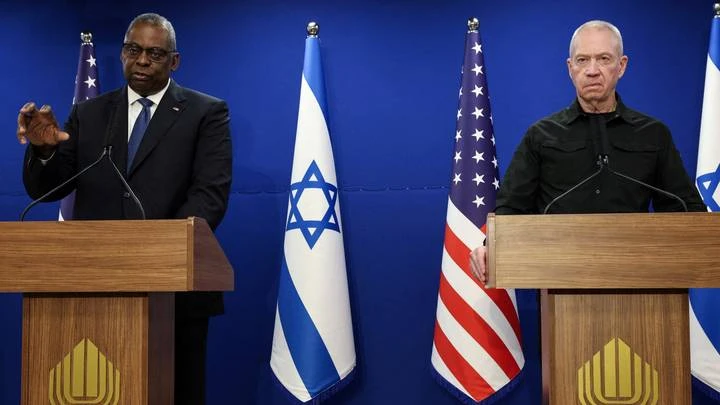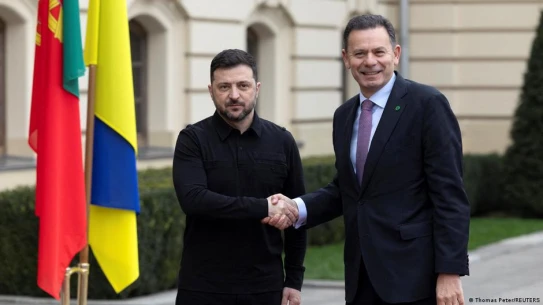US promises to protect Israel



Ukraine and Portugal have agreed on the production of maritime drones
More than half of Turkey's population uses artificial intelligence
Reuters. The US is conducting an operation to detain the ship off the coast of Venezuela
Another drone was found in Turkey
Zelensky admitted that there will be no agreement on the settlement in Ukraine
Lavrov met with the Foreign Minister of Algeria in Cairo
France will not host Junior Eurovision 2026
US nuclear weapons in Japan. secret discussions, open threats (video)
Foreign Ministers of Azerbaijan and Montenegro discussed issues related to the regulation of relations between Yerevan and Baku
The USA is launching new strikes in Syria. ISIS headquarters targeted (video)
People's Artist of Russia Anatoly Lobotsky died
Putin has sent a clear signal to the West regarding Ukraine
The Foreign Ministers of Iran and Great Britain discussed the Iranian nuclear issue
Tbilisi and Baku are discussing the construction of a new border checkpoint
South Korea's president proposes to include hair loss treatment in the state insurance system
Trump confirmed retaliatory actions against ISIS in Syria
Welt. In no case should the EU hope that Ukraine's loan will be repaid
Modi's helicopter could not land at the rally venue due to fog
The US Department of Justice has begun publishing materials in the Jeffrey Epstein case
The US has launched the "Hawk Strike" military operation in Syria